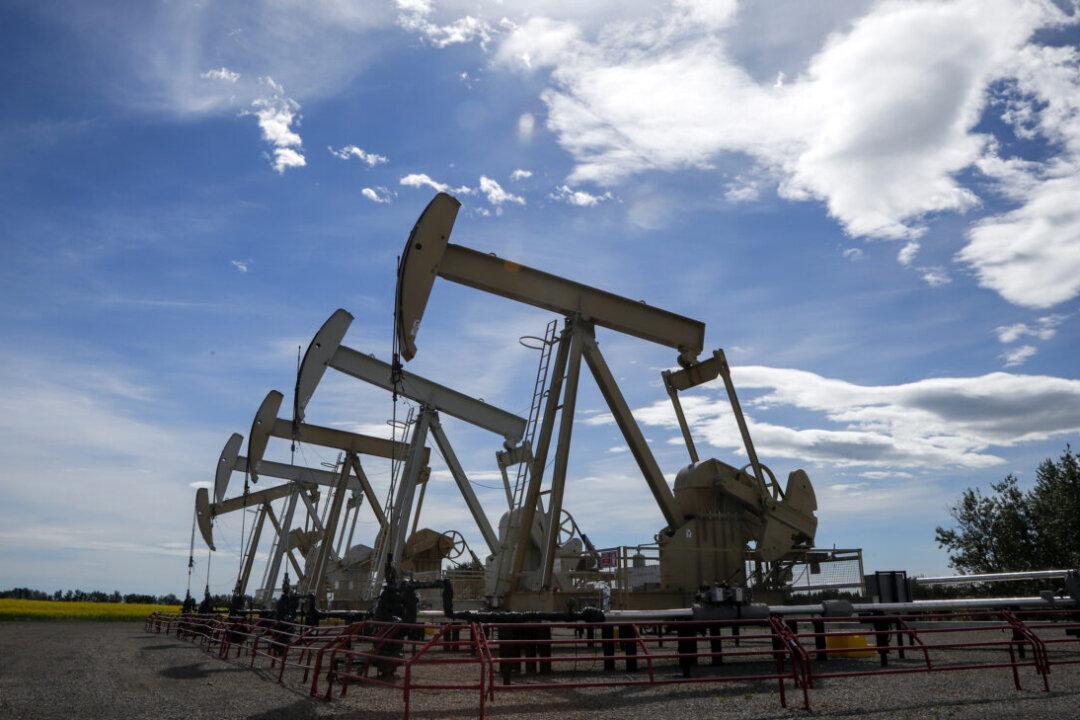Indigenous leaders advocating for First Nations oil and gas producers are urging the Alberta government to adopt the Allan Inquiry report’s recommendations that would support First Nations energy development in the face of anti-oilsands campaigns.
Stephen Buffalo is president and CEO of the Indian Resource Council (IRC), which represents more than 155 oil- and gas-producing First Nations across Canada. In a press release issued on Dec. 6, the IRC urged Alberta Premier Jason Kenney to adopt Commissioner Steve Allan’s recommendations in the provincial legislature, including Allan’s advice to use “elders wisdom panels” in constructive intermediation for resource development.





